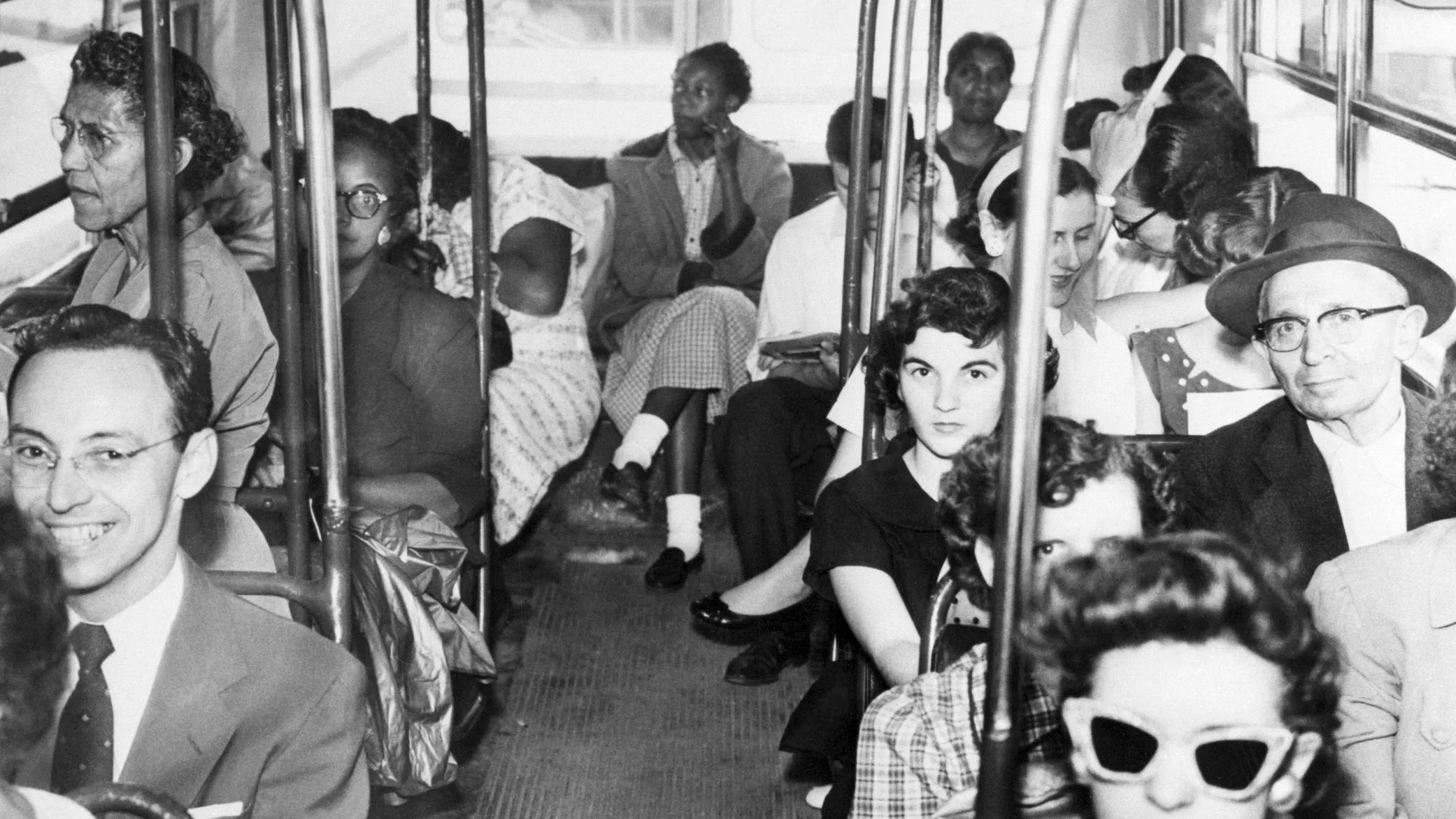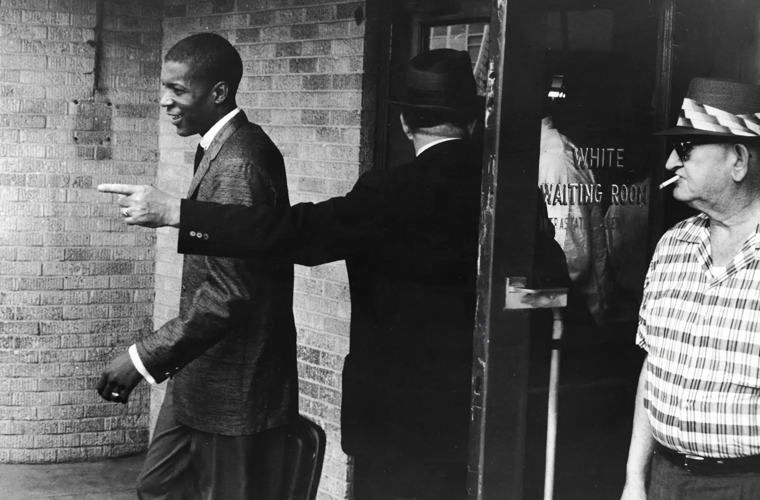Boynton v. Virginia was a landmark United States Supreme Court case that addressed the issue of racial discrimination in interstate transportation. The case arose in 1960 when Bruce Boynton, an African American law student at Howard University, was traveling by bus from Washington, D.C. to Montgomery, Alabama. Boynton was refused service in the “whites-only” section of a bus terminal restaurant in Richmond, Virginia.
The Supreme Court’s decision in Boynton v. Virginia had significant implications for the civil rights movement and the enforcement of desegregation laws. The case centered on the interpretation of the Interstate Commerce Act, which prohibited discrimination in interstate transportation facilities. The Court held that racial segregation in bus terminals and other transportation facilities involved in interstate commerce was illegal under the Act.
The Boynton decision built upon the Court’s earlier ruling in Morgan v. Virginia (1946), which had declared state laws mandating racial segregation on interstate buses unconstitutional. In Boynton, the Court extended this principle to encompass segregation in bus terminals and related facilities. The decision effectively outlawed segregation in all aspects of interstate travel, marking a significant victory for the civil rights movement.

The impact of Boynton v. Virginia was not limited to the realm of transportation. The case set a precedent for challenging segregation in public accommodations and facilities across the country. It bolstered the legal foundation for the broader struggle against racial discrimination and segregation, providing a powerful tool for civil rights activists and attorneys seeking to dismantle Jim Crow laws and practices.
The Boynton decision also highlighted the crucial role of the federal government in protecting civil rights and enforcing anti-discrimination laws. By affirming the authority of the Interstate Commerce Act to prohibit racial segregation in interstate transportation facilities, the Court affirmed the federal government’s power to regulate and combat racial discrimination in areas of commerce and public accommodation.
In addition to its immediate legal impact, Boynton v. Virginia contributed to the momentum of the civil rights movement and inspired further activism and litigation aimed at challenging segregation and inequality. The case exemplified the power of strategic litigation as a means of advancing social change and promoting equality under the law. The legacy of Boynton v. Virginia endures as a testament to the courage and perseverance of individuals like Bruce Boynton, who stood up against injustice and played a vital role in advancing the cause of civil rights. The case stands as a reminder of the ongoing struggle for equality and justice, and it continues to serve as a touchstone for efforts to combat discrimination and promote inclusivity in all areas of public life.
In conclusion, Boynton v. Virginia was a pivotal Supreme Court case that helped dismantle segregation in interstate transportation facilities and set a precedent for challenging discrimination in public accommodations. The decision’s broader implications reverberated throughout the civil rights movement, strengthening the legal foundation for combating racial inequality and advancing the cause of justice. Boynton v. Virginia stands as a testament to the power of the law as a force for social change and a reminder of the ongoing imperative to confront and eradicate systemic discrimination.

